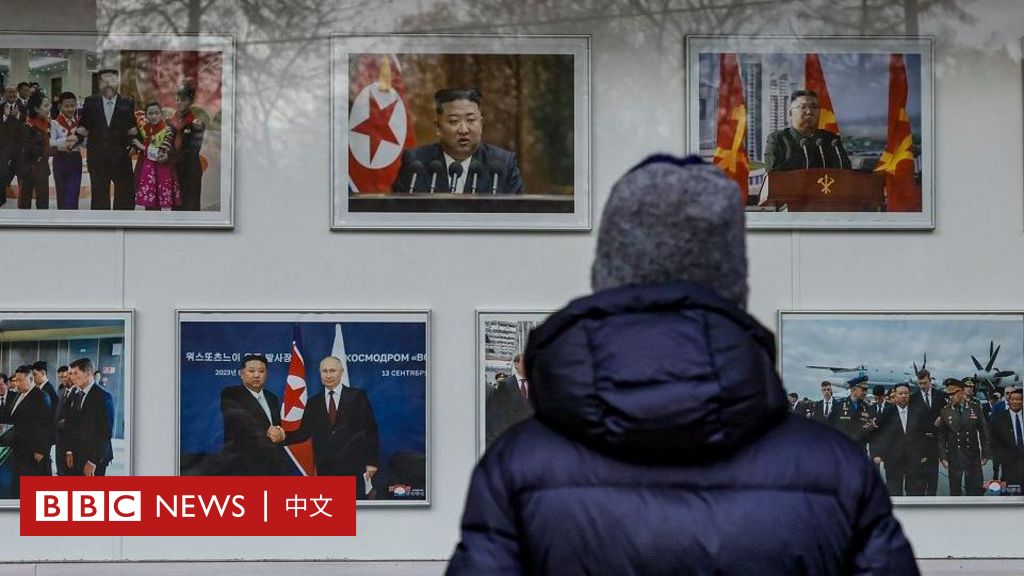



On December 8, 2024, U.S. Indo-Pacific Command Admiral Samuel Paparo revealed that Russia is in discussions to send MiG-29 and Su-27 fighter jets to North Korea. This announcement was made during the Reagan National Defense Forum, although the exact number of aircraft involved was not specified [a3f050d2]. This potential military cooperation follows North Korea's earlier deployment of approximately 12,000 troops to Russia to assist in the ongoing conflict against Ukraine [a3f050d2].
The situation is further complicated by political turbulence in South Korea, where President Yoon Suk Yeol recently faced an impeachment vote related to his declaration of martial law, which he later rescinded [a3f050d2]. Despite these challenges, Admiral Paparo expressed confidence in the overall security of the region, emphasizing the necessity for the United States to bolster its deterrence capabilities in the Asia-Pacific, particularly in light of potential Chinese aggression towards Taiwan, which he suggested could occur before 2027 [a3f050d2].
In a related context, South Korea's Defence Minister Kim Yong-hyun had previously raised concerns that North Korean troops sent to assist Russia in Ukraine might be used as 'cannon fodder' on the front lines [98f110bf]. Reports indicated that North Korea had dispatched thousands of soldiers, with estimates suggesting that up to 15,000 could be involved in the conflict [98f110bf].
Additionally, North Korean defectors in South Korea are reportedly planning to travel to Ukraine to encourage their compatriots to defect, utilizing psychological tactics through drones and social media [c3071d5c]. Ukrainian President Volodymyr Zelensky confirmed that North Korean soldiers have already faced casualties, including a general injured in a missile strike [98f110bf]. As these developments unfold, the implications for regional security and military alliances continue to evolve, highlighting the complexities of the geopolitical landscape [0fcc7974].